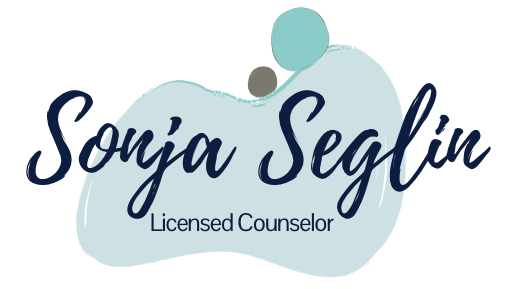How “I should have known” stops you dead.
I hear this a lot: "I should have known…”
I hear it in my own mouth, I hear it from the mouths of clients, I hear it from friends in casual conversation.
It’s a comment that packs so much into it — the feeling of regret for something going ‘wrong,’ the fear of judgement from others, and a warning about the next time you consider trying something new.
It quickly illustrates the way a short set of words can wreak real psychic havoc, and I personally have been harmed by this havoc.
"I should have known" is usually uttered after doing something and then regretting some aspect of it. Taking on a home improvement project and then finding out it's going to cost more than you realized. Expressing your needs to someone and then receiving a less-than-positive response. You might feel sad, ashamed, embarrassed, or angry.
Once you're having that hard feeling, that voice comes in: "You should have known." Tsk tsk tsking your audacity.
You don't want that shame-y voice telling you 'you should have known' just when what you really needed was support. That voice kicks you while you're down.
Simplest way to avoid it? Don't do a new thing. Don’t try anything new, and you’ll never fall victim to the ‘you should have known’ assault.
What a dilemma! Of course you want to try a new thing, but you don’t want the feelings that come from “you should have known.”
"You should have known."
Those four words, just the specter of them, can stop me dead in my tracks. They immediately throw me into a future state where I have screwed something up, or someone else thinks I have screwed something up. In that imagined future, I feel ashamed or embarrassed, as if I did something wrong. As if there was something I should have known. As if I've been exposed as a person who doesn't know.
You know what, though? The reality is that I can't actually tell the future. The reality is also that the world isn't as cruel as my inner critic can be. For the most part, I'm not expected to know how to do a thing until I at least try the thing.
I hear moms worry about this all the time with their own children. They witness in their children the attitude of not wanting to try, for fear of failure. The know how it sets the child up for a perfectionist, limiting life. Seeing it in our children illustrates how much of a barrier it can be.
In my own childhood, I was the youngest of three. “I should have known” was sort of baked in. Everyone else knew everything, and it’s was easy to believe that I also should know. Knowing was the key to belonging. It was a balm to the confusion of childhood.
Pretending to know things protected my delicate child ego. No one would ever know that I didn't have it all figured out yet, as long as I could keep up the facade.
You can see the error here, right? I was a child. No one expected me to have it all figured out.
And the same thing applies now. You get to have some grace as you learn. That’s the process. You can’t know until you try, and you can’t try until you’re willing to feel awkward, embarrassed, and naive.
So, it probably starts in childhood, as most mental habits do. The desire to know before doing, so that you can belong, so that no one will laugh at your naiveté or your silliness.
How often do you hear, "I should have known?" Notice how it feels. We tell ourselves this in order to avoid feeling shame, or embarrassment in the future. To stop ourselves from moving forward without knowing enough. Does it work for you?
Unfortunately, the phrase can get stuck, playing on repeat every time a mistake is made. It pops up automatically, joining in the mental chorus of shame statements when things don’t go as planned.
